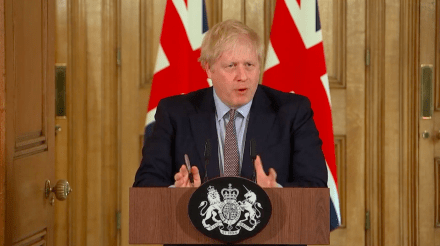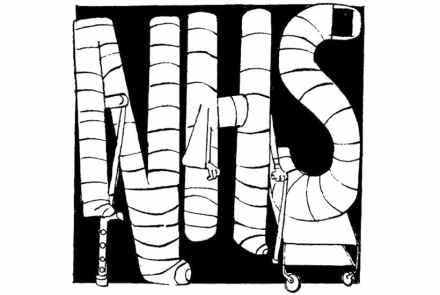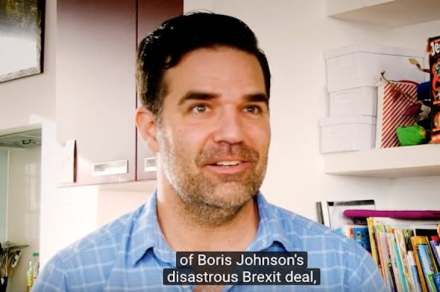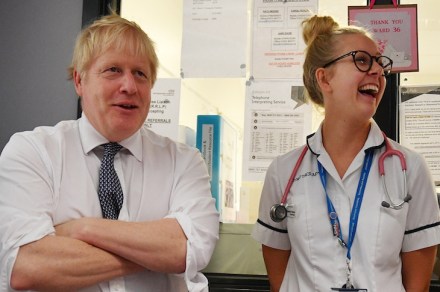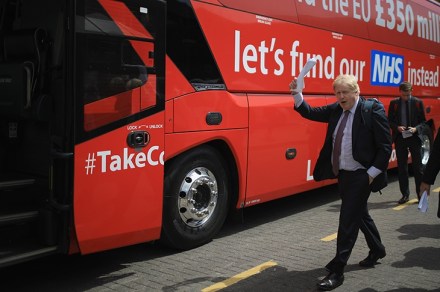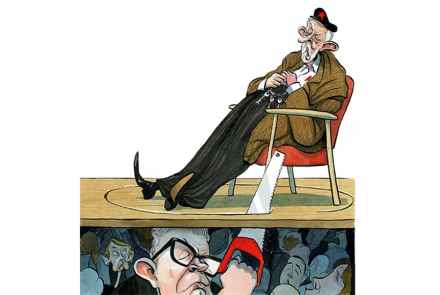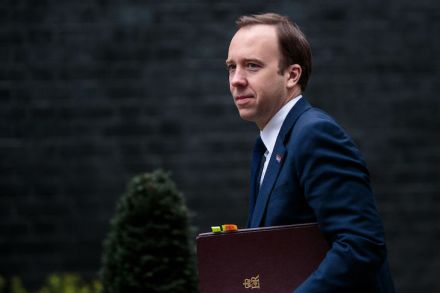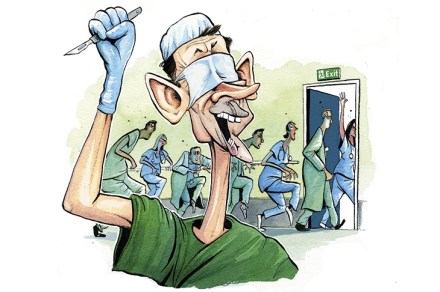An open letter to the friend who dropped me after Question Time
I’ve put off sending a private email that’s been ready to go for weeks. Then last Sunday, I read Julie Burchill’s column in the Telegraph about the rigid ideological conformism amidst today’s purportedly ‘creative’ class, and it hit a nerve. Despite our sanctification of inclusivity and diversity, Burchill wrote, ‘exclusivity and groupthink still control the arts’. Because my own small experience of failing the progressive purity test this winter has been repeated up and down this country, it is not small. Scaled up, the private becomes the public. So I’m finally sending my email as an open letter, allowing the Spectator readership in on a conversation germane to more than my



